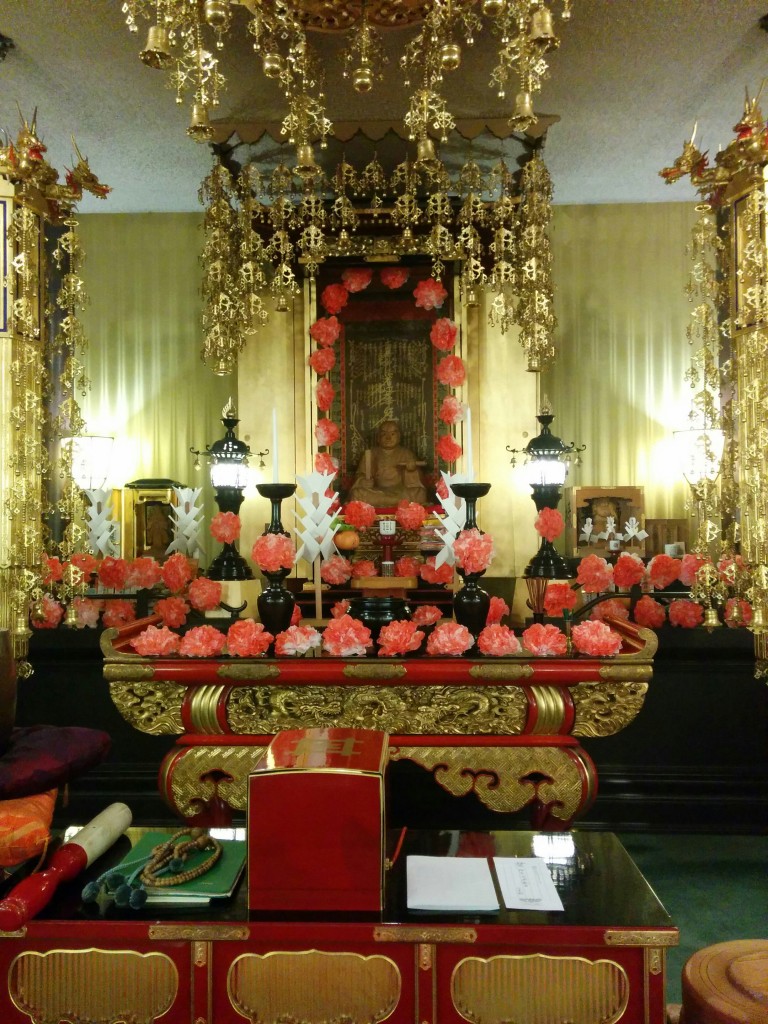Day 14 covers all of Chapter 9, The Assurance of Future Buddhahood of the Śrāvakas Who Have Something More to Learn and the Śrāvakas Who Have Nothing More to Learn, and opens Chapter 10, The Teacher of the Dharma
For the most part, Chapter 9 focuses on Ānanda, the keeper of the Dharma, and Rāhula, the Buddha’s eldest son. Of particular interest is the explanation of why Ānanda had not already attained Anuttara-samyak-saṃbodhi:
“Good men! Ānanda and I resolved to aspire for Anuttara-samyak-saṃbodhi under the Void-King Buddha at the same time [in our previous existence]. At that time Ānanda always wished to hear much while I always practiced strenuously. Therefore, I have already attained Anuttara-samyak-saṃbodhi[, but he has not yet]. Now he protects my teachings. He also will protect the store of the teachings of future Buddhas, teach Bodhisattvas, and cause them to attain [Anuttara-samyak-saṃbodhi], according to his original vow. Therefore, now he has been assured of his future Buddhahood.”
Learning without practice is just learning.
Chapter 10 promises future attainment of Anuttara-samyak-saṃbodhi to those who embrace the Lotus Sutra.
If after my extinction anyone rejoices, even on a moment’s thought, at hearing even a gāthā or a phrase of the Sūtra of the Lotus Flower of the Wonderful Dharma, I also will assure him of his future attainment of Anuttara-samyak-saṃbodhi.
And those who keep, read, recite, expound and copy even a phrase of the Sūtra of the Lotus Flower of the Wonderful Dharma:
These good men or women are great Bodhisattvas. They should be considered to have appeared in this world by their vow to expound the Sūtra of the Lotus Flower of the Wonderful Dharma out of their compassion towards all living beings, although they already attained Anuttara-samyak-saṃbodhi [in their previous existence].
Doing the Buddha’s work:
The good men or women who expound even a phrase of the Sūtra of the Lotus Flower of the Wonderful Dharma even to one person even in secret after my extinction, know this, are my messengers. They are dispatched by me. They do my work.
The bottom line:
Medicine-King! I will tell you.
The Sūtra of the Lotus Flower of the Wonderful Dharma
Is the most excellent sūtra
That I have ever expounded.


